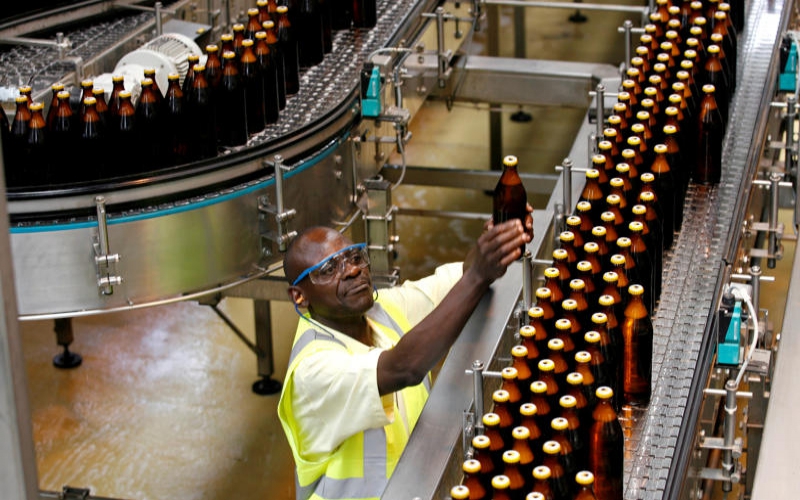×
The Standard e-Paper
Fearless, Trusted News

The Competition Authority of Kenya (CAK) has revealed that East African Breweries Limited (EABL) is being probed for hindering fair trade.
The authority told the Senate Committee on Trade that it was investigating if the move by Kenya’s largest brewer to engrave beer bottles had amounted to an abuse of dominance.